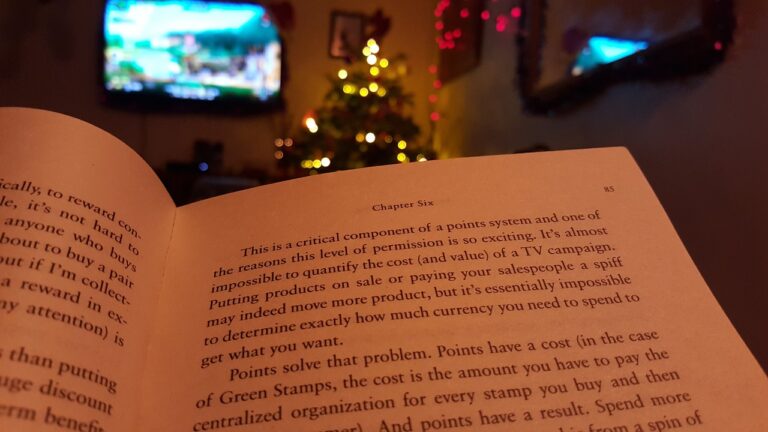Promoting Media Literacy in the Digital Age: Navigating Information Overload
In today’s digital world, where information flows freely and rapidly through various online platforms, the need for media literacy has become more pressing than ever. Without a discerning eye and critical thinking skills, individuals risk being misled by false information and propaganda that can easily go viral on the internet.
Media literacy empowers individuals to navigate the vast sea of information available online, helping them distinguish between fact and fiction, recognize bias, and evaluate the credibility of sources. By developing media literacy skills, individuals can become more informed, engaged, and responsible digital citizens, capable of making well-informed decisions and contributing to a more informed society.
Understanding the Impact of Fake News and Misinformation
Fake news and misinformation can have far-reaching consequences in today’s digital age. With the rapid spread of information online, it has become increasingly challenging to discern what is true and what is false. This can lead to confusion, manipulation, and a lack of trust in the media and other sources of information. People may make important decisions based on false information, which can have serious ramifications on society as a whole.
Furthermore, the proliferation of fake news and misinformation can also contribute to the polarization of communities and the spread of distrust among individuals. When people are constantly exposed to conflicting information, it can become difficult to find common ground and have productive discussions. This can lead to the erosion of democratic values and a breakdown of social cohesion. Therefore, it is crucial to be vigilant and critical when consuming information online to combat the negative impacts of fake news and misinformation.
Tips for Identifying Reliable Sources Online
It can be overwhelming to navigate the vast sea of information available online, especially when trying to determine the reliability of sources. One key indicator of a trustworthy source is its authority – consider who the author is and their expertise on the subject matter. Look for credentials, affiliations, or past work that establish their credibility in the field. Additionally, examining the website itself can give insights into the reliability of the information presented. Check if the site is known for upholding journalistic standards, has a clear editorial policy, or is affiliated with reputable organizations.
Another important aspect to consider when evaluating the reliability of online sources is the timeliness of the information. In this fast-paced digital age, news and updates can quickly become outdated or misleading. Make sure to verify the publication date of the content and look for sources that provide the most up-to-date information available. Cross-referencing with other reputable sources can also help in confirming the accuracy and relevance of the information you come across online.
• Consider who the author is and their expertise on the subject matter
• Look for credentials, affiliations, or past work that establish credibility
• Examine the website for journalistic standards, editorial policy, or reputable affiliations
• Check the timeliness of information to ensure it is current and relevant
• Verify publication date of content to avoid outdated or misleading information
• Cross-reference with other reliable sources to confirm accuracy
Why is media literacy important in today’s digital world?
Media literacy is essential because it helps individuals navigate the vast amount of information available online and distinguish between reliable sources and misinformation.
How does fake news and misinformation impact society?
Fake news and misinformation can lead to confusion, spread of false information, and even influence important decisions such as elections. It is important to be able to identify and combat these issues.
What are some tips for identifying reliable sources online?
Some tips for identifying reliable sources online include checking the credibility of the author or organization, verifying the information with multiple sources, and looking for unbiased reporting. Additionally, examining the domain and URL can also help determine the trustworthiness of a source.







